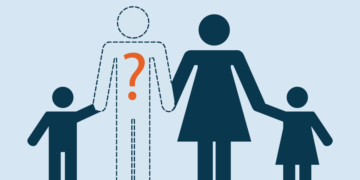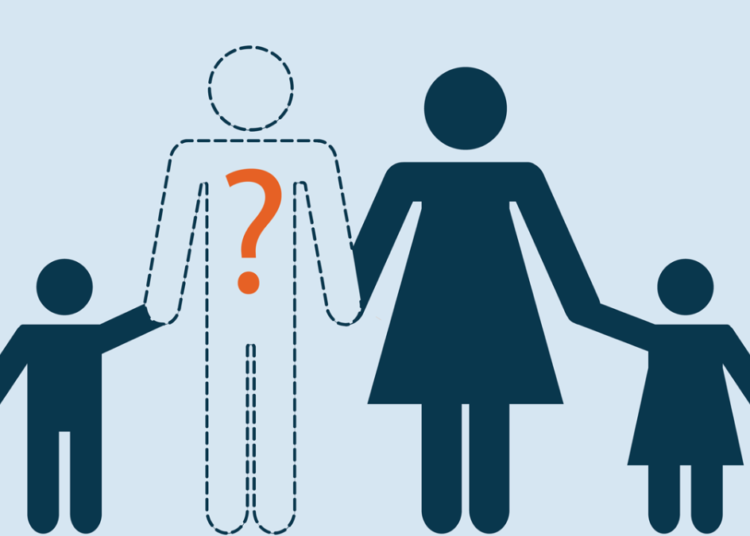This year’s celebration of Father’s Day highlights the fact that as COVID-19 continues to ravage the world, another pandemic is plaguing mankind. In America alone, according to the National Center for Fathering, “more than 20 million children live in a home without the physical presence of a father. Millions more have dads who are physically present, but emotionally absent. If it were classified as a disease, fatherlessness would be an epidemic worthy of attention as a national emergency.”
But the decline of fatherhood “isn’t just a U.S. problem—it’s a human problem,” explains Christopher Brown of the National Fatherhood Initiative, resulting in “our most intractable social ills affecting children,” who are thereby at “increased risk of living in poverty, performing poorly in school, emotional and behavioral problems, becoming violent, getting pregnant (or getting someone pregnant) as a teen, winding up in prison or jail, and committing suicide.” And as pointed out by Dr. David Popenoe, “because children represent the future of our society, these negative consequences are a social calamity in the making,” such that “disappearing dads are destroying our future.”
For children with absentee fathers, Father’s Day can be a traumatic time of longing for what might have been and of grief for the denial of what IOF founder Dr. Allan Carlson calls the right of every child to both a father and a mother. These are the children who, through no fault of their own, miss the unique blessings that only a father can bring. “Fathers are far more than just ‘second adults’ in the home,” according to Popenoe, for “involved fathers bring positive benefits to their children that no other person is as likely to bring,” making their contribution “unique and irreplaceable.” It is what Dr. Bradford Wilcox refers to as “the distinct, positive impact of a good dad.”
For those children fortunate enough to grow up with a faithful, loving father and mother joined in marriage and committed above self to the greater good of their family, Father’s Day dawns as a day of joy and gratitude. These are the children to whom President Ronald Reagan alluded when he stated, “Fatherhood, after all, is about childhood” and “is all about the things that matter most—about love and new life, about trust and responsibility, about faithfulness to a family and to a calling.” These are the children who, as emphasized by a key publication of the US Department of Health and Human Services, “are more likely to have good physical and emotional health, to achieve academically, and to avoid drugs, violence, and delinquent behavior.” And these are the fortunate children for whom, in the words of the 1959 UN Declaration of the Rights of the Child, mankind is truly giving “the best it has to give.”
On this Father’s Day, we honor the men around the world who, as described by President Reagan, “have taken on the responsibilities and joys of fatherhood” and given their families the “gift of love as role models, providers, and defenders” by “fostering children’s physical and emotional growth, encouraging success, easing failure, maintaining family life, contributing vitally to the economy, and serving their communities.” Meanwhile, for the benefit of children growing up without a father, we urge all who can to reach out and, as Ecclesiasticus says, “be as a father unto the fatherless” by easing their burdens and lifting their spirits. We especially urge absentee fathers to reconnect with their children and become a nurturing and nourishing part of their lives, providing for them financially, emotionally, and spiritually.
And to a world beset with the devastating effects of fatherlessness—“the most disturbing and consequential social trend of our time,” according to Dr. Wade Horn—we say with Dr. Timothy Rarick (writing in Family Capital and the SDGs), “Let us bring back fatherhood and heal the plague of poverty.” To which we add, “Let us bring back fatherhood and heal our broken world—and the broken hearts of our precious children.”




















Discussion about this post